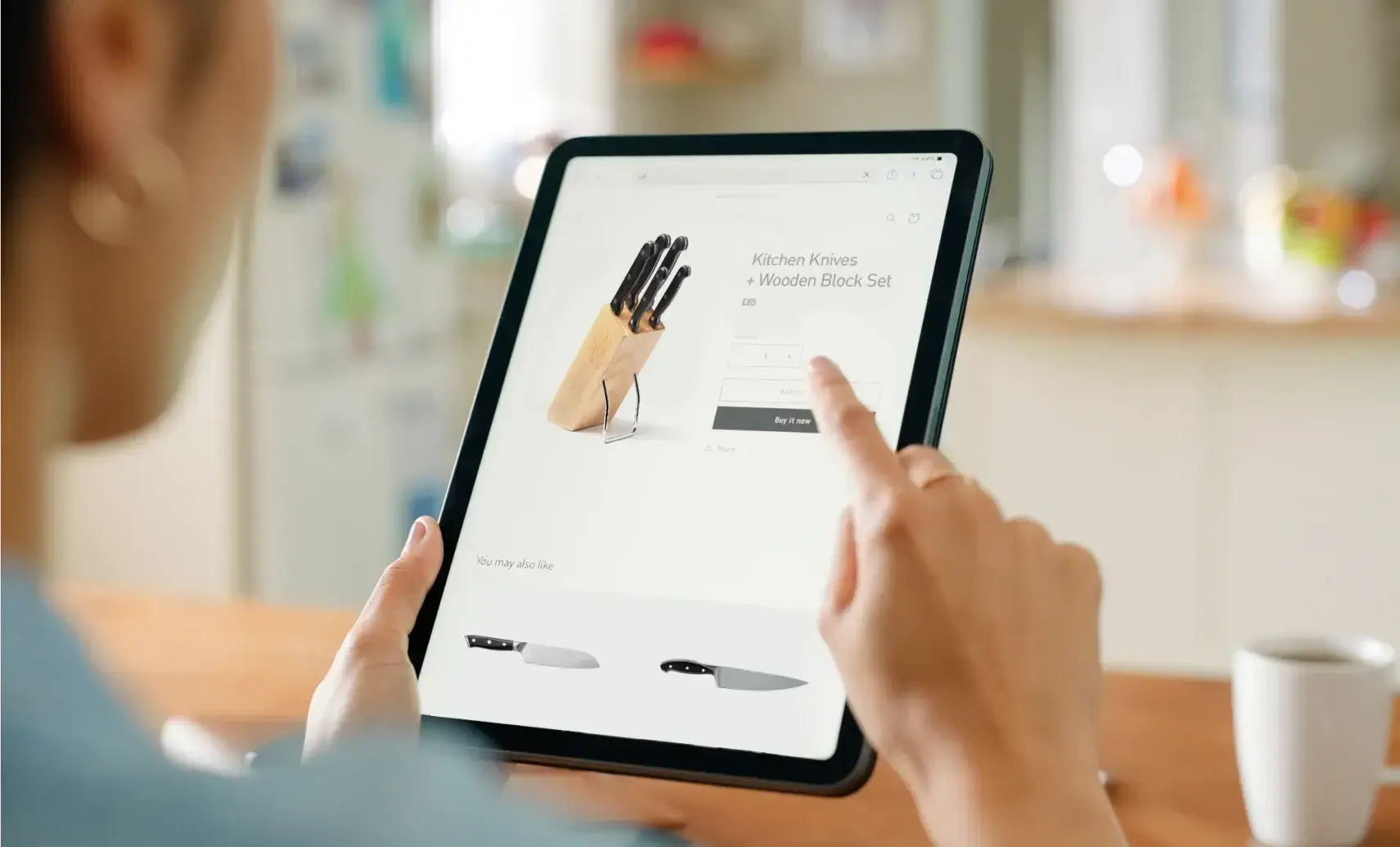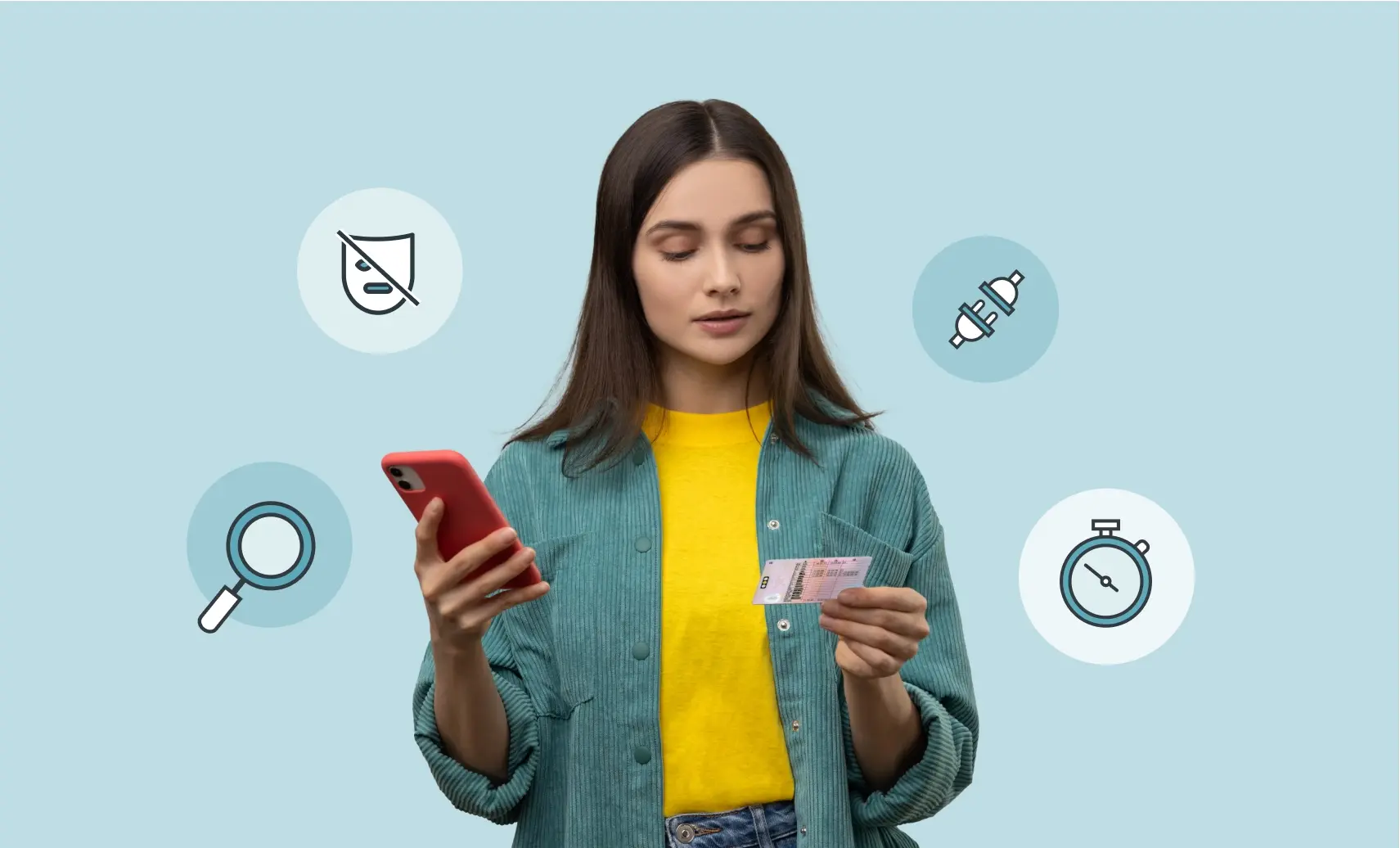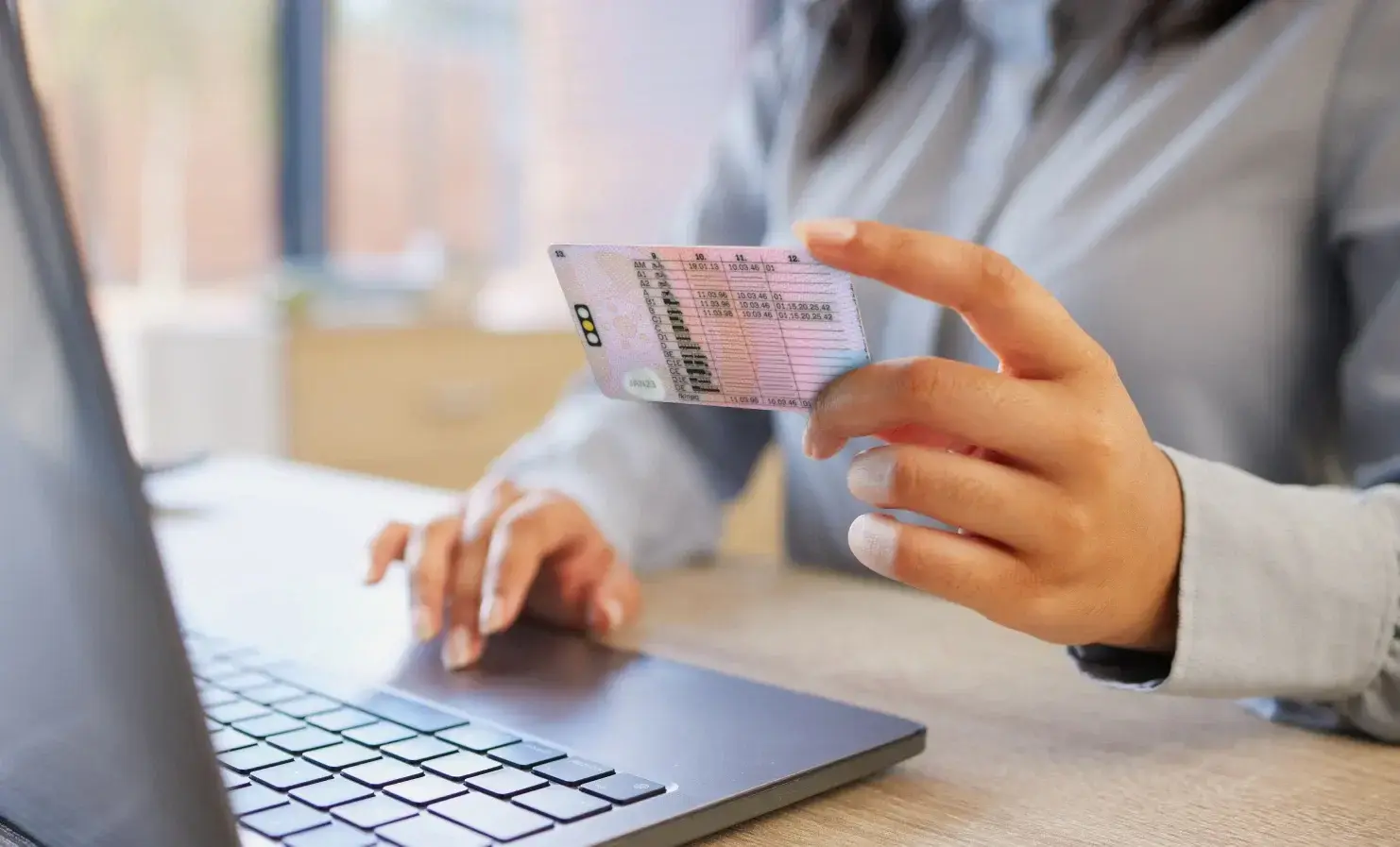
The UK Government is tightening regulations on online knife sales to prevent underage access and enhance public safety. As part of this, the Home Office has published an independent report by the National Police Chiefs’ Council (NPCC). The report explores the current practices in the market and sets out some recommendations for how to strengthen online knife sales.
Here’s a snapshot of some of the proposed changes:
- Report suspicious purchases: retailers will need to report suspicious purchases to the police.
- Increased penalties and jail sentences: penalties for selling knives to under-18s will increase from 6 months to up to 2 years in prison.
- Registration scheme: the Government will explore whether a registration scheme should be put in place for all online UK businesses selling knives so that only responsible sellers are able to sell knives. This aims to close legislative loopholes and create an offence of unauthorised selling of knives.
- Verify the identity of buyers: retailers will need to verify the identity of buyers, both at the point of purchase and on delivery.
Identity verification for online knife sales
Current guidance does not mandate specific age verification methods sellers must use to prevent underage purchases of knives. Instead, retailers can choose which age verification system to use, provided it effectively verifies buyers are 18+.
There is a lot to digest from the NPCC report, but one clear recommendation is that retailers need to verify the identity (not just the age) of buyers at the point of purchase and on delivery. This aims to create a stronger link between the buyer and the knife’s destination.
The report gives one example of how this could be done. When buying a knife online, buyers could be asked to upload a photo ID document, like a passport or driving licence. This document would provide full verification of their identity rather than just proof of age. A financial cross check, which could include bank details or a utility bill, could then be done. This would provide further verification of the buyer’s identity as well as their delivery address.
For photo ID documents to be a highly effective verification method, businesses need to ensure:
- It’s a real person using the ID document (this can be achieved by asking the buyer to take a live selfie or video)
- The person using the photo ID is the owner of that document (achieved by using the same live selfie or video and matching this with the photo on the document)
- The document is real and authentic (achieved with document authenticity checks)
By not completing the steps above, an ’ID document’ verification method cannot be deemed highly effective. Otherwise someone could attempt to use a document that does not belong to them or use a fake ID document with their face on it.
When it comes to delivery, the report recommends that sellers confirm with buyers that delivery will only be made to them, after seeing an ID document confirming their identity. Delivery could also be made to another named individual, who again must provide ID and the unique delivery PIN.
How digital IDs strengthen age and identity verification
We would encourage the Home Office to broaden the range of verification methods that are accepted for online knife sales, ensuring these checks are inclusive for all adults.
One of simplest ways for a buyer to prove their identity, both online and on delivery, is with a UK certified digital ID such as Yoti. With a digital ID, buyers can securely share verified details with retailers and delivery personnel from their phone, reducing friction and improving compliance.
There’s a few options of how our Digital IDs could be used at the point of delivery:
- The delivery driver could visually match the name and photo of the buyer as shown in the Digital ID, to the person presenting it and to the name on the package.
- For extra security, the delivery driver could scan a QR in the app, which validates that the Digital ID is genuine and stores the information for an audit trail.
- The delivery driver could take a photo of the buyer. Our technology would then make sure the person taking delivery is the same person who proved their identity (and age) at the time of purchase online.
Get in touch to see we can help you to comply with the latest safety standards.



